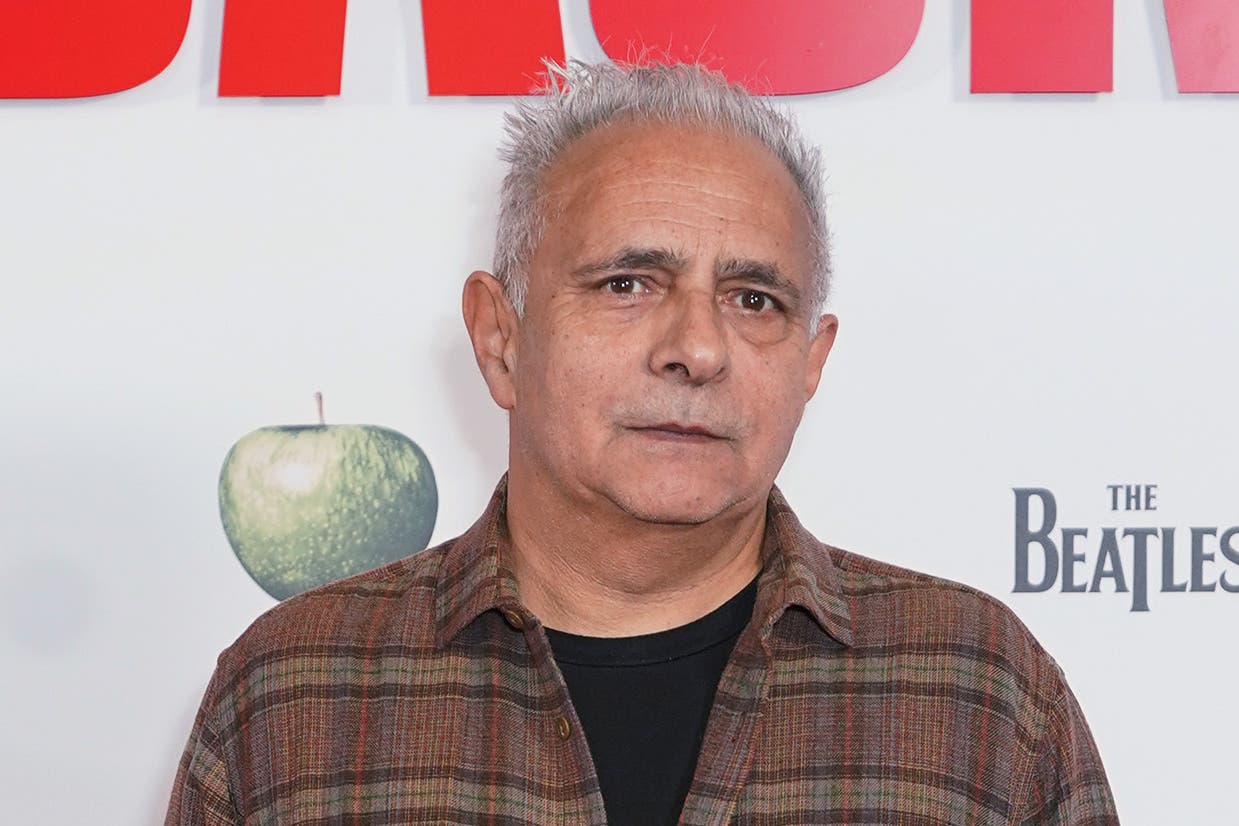Author Hanif Kureishi says he cannot move his arms or legs after fall in Rome
The 68-year-old British novelist, whose works include ‘The Buddha Of Suburbia’, said he might never hold a pen again

Your support helps us to tell the story
From reproductive rights to climate change to Big Tech, The Independent is on the ground when the story is developing. Whether it's investigating the financials of Elon Musk's pro-Trump PAC or producing our latest documentary, 'The A Word', which shines a light on the American women fighting for reproductive rights, we know how important it is to parse out the facts from the messaging.
At such a critical moment in US history, we need reporters on the ground. Your donation allows us to keep sending journalists to speak to both sides of the story.
The Independent is trusted by Americans across the entire political spectrum. And unlike many other quality news outlets, we choose not to lock Americans out of our reporting and analysis with paywalls. We believe quality journalism should be available to everyone, paid for by those who can afford it.
Your support makes all the difference.Author and playwright Hanif Kureishi has said he is in hospital in Rome following a fall on Boxing Day, and is unable to move his arms or legs.
The 68-year-old British playwright, novelist and filmmaker – best known for his works The Buddha Of Suburbia, Intimacy and Mother – shared a message on Twitter in which he said he was being treated at Gemelli University Hospital in the Italian capital.
Kureishi said he was in the city on 26 December when he fell during a walk from Piazza del Popolo to Villa Borghese and then back to his apartment.
He said: “I had just seen Mo Salah score against Aston Villa, sipped half a beer, when I began to feel dizzy.
“I lent forward and put my head between my legs; I woke up a few minutes later in a pool of blood, my neck in a grotesquely twisted position, my wife on her knees beside me.”
Kureishi said he saw “a scooped, semi-circular object with talons attached scuttling towards me” before realising it was his hand.
He added: “It occurred to me then that there was no co-ordination between what was left of my mind and what remained of my body. I had become divorced from myself. I believed I was dying. I believed I had three breaths left.”
Kureishi said his wife heard his “frantic shouting”, adding: “She saved my life and kept me calm.
“For a few days I was profoundly traumatised, altered and unrecognisable to myself. I am in the hospital. I cannot move move my arms and legs.”
He continued: “I cannot scratch my nose, make a phone call or feed myself. As you can imagine, this is both humiliating, degrading and a burden for others.
“I’ve had an operation on my spine and have shown minor improvements in the last few days.”
Kureishi said he has “sensation and some movement” and will soon begin physiotherapy and rehabilitation.
He added: “At the moment, it is unclear whether I will ever be able to walk again, or whether I’ll ever be able to hold a pen, if there is any assistance that I would be grateful for, it would be with regard to voice assisted hardware and software, which will allow me to watch, write and begin work again, and continue some kind of half life.”
After his post, Kureishi received well wishes from TV chef and food writer Nigella Lawson, journalist Sarfraz Manzoor, who co-wrote Blinded by the Light, writer Reni Eddo-Lodge, historian and author William Dalrymple and comedian Sanjeev Bhaskar.
Dalrymple wrote on Twitter: “Oh Hanif… This is just booody miserable. Much love and strength for further healing and recovery xxx.”
Kureishi is known for tackling difficult subjects including the complexity of relationships and the marginalisation of minority groups.
In 1985 he was commissioned by Channel 4 to write a play, which resulted in My Beautiful Laundrette, a film about a gay British Pakistani youth in 1980s London.
The film, directed by Stephen Frears, won the New York City Film Critics best screenplay award and received an Academy Award nomination for best original screenplay.
Kureishi’s other screenplays include Sammy and Rosie Get Laid, London Kills Me, The Mother and Venus.
In 1990, Kureishi published one of his most famous works, The Buddha of Suburbia, which won the Whitbread Award for the best first novel and was later adapted for a BBC television series with a soundtrack by David Bowie.
The novel follows a bisexual British South Asian character called Karim Amir as he explores class, ethnicity, sexuality and culture in late 20th-century London.
The book is semi-autobiographical and draws on a number of Kureishi’s own experiences growing up in London.
Kureishi’s second novel, The Black Album, was published in 1995 and deals with Islamic fundamentalism and freedom of speech, and was adapted for the stage in 2009.
His third novel, Intimacy, came in 1998 and follows the story of a man contemplating leaving his wife and children after feeling rejected by his wife.
He was made a CBE in 2008 and sold his archive to the British Library in 2014, which included personal diaries and notebooks, and also the working material for his major works.


